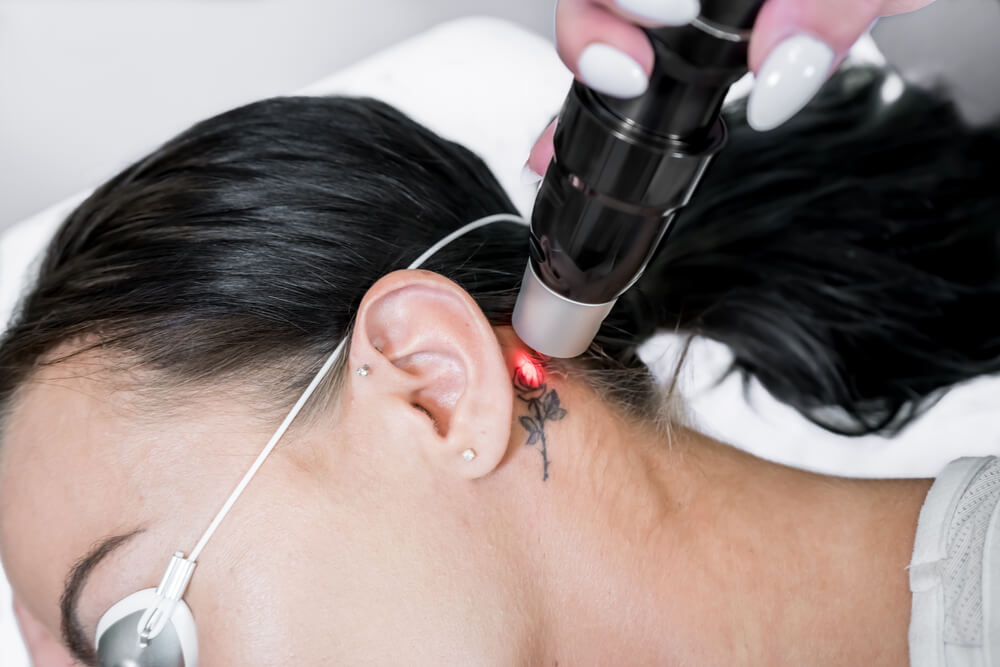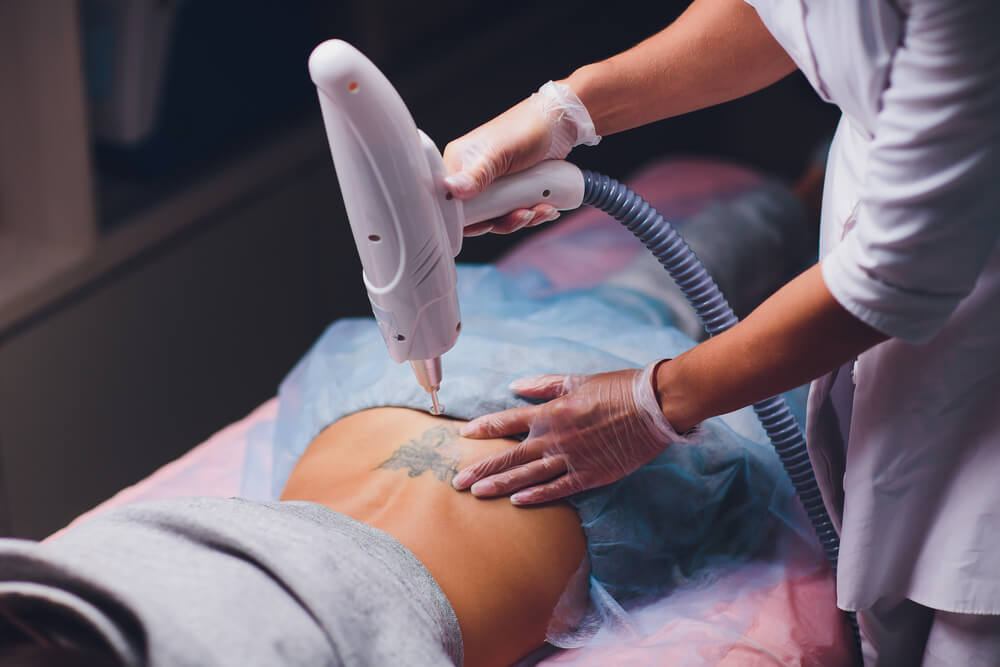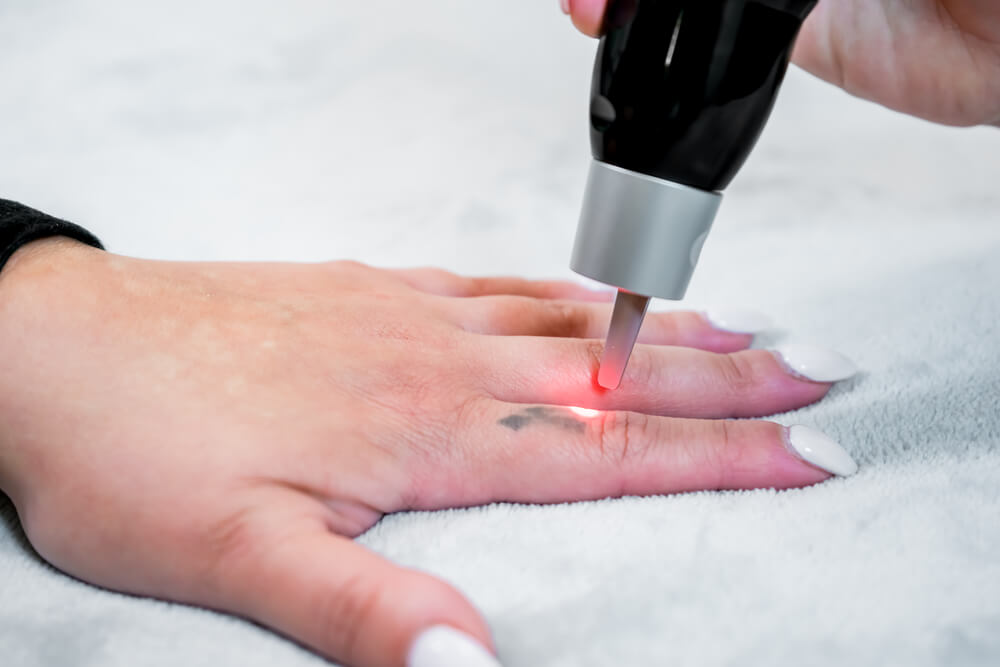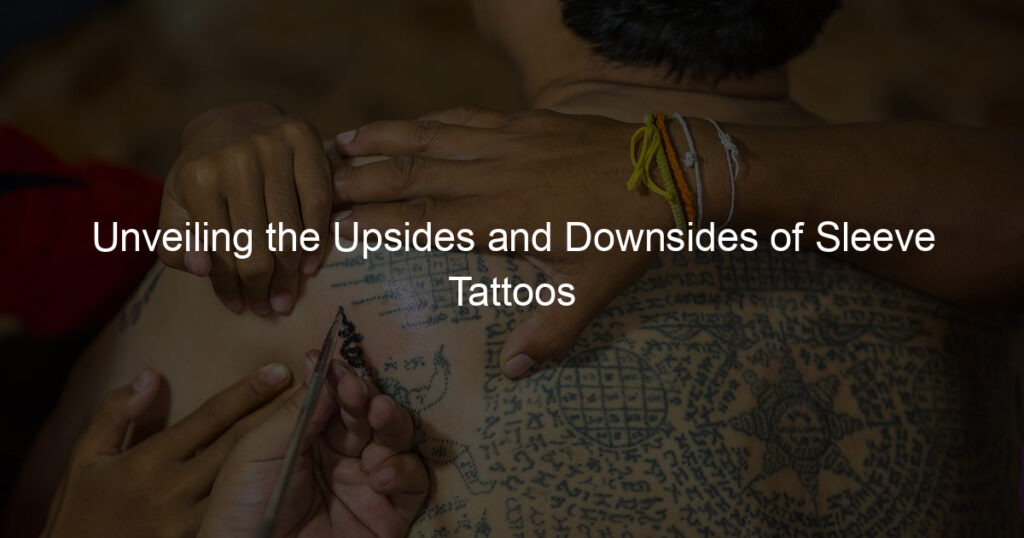I know the issue of tattoo removal might be a concern for you as a Muslim. You need not worry, though; I got you!
In Islam, permanent tattoos are considered a sin, and Allah has cursed anyone who gets one. But Allah is also a forgiving God, so He will forgive you whenever you repent.
You are advised to remove your tattoo if that’s possible and non-injurious. If not, you will always cover it and not showcase it.
Now that you know about Islam’s take on tattoo removal, I will further delve into special exceptions, tattoo removal procedures, and the possible complications accompanying them.

What Are the Exemptions of Tattoo Removal in Islam?
The best option after repenting is tattoo removal, but if removing it means you will get an infection, permanent scarring, or delayed recovery, you’re not obligated to remove it.
You are also exempted from removal if you acquired it during childhood. Maybe you were misled by an elderly figure to get one or through peer pressure because of exposure to how it is advertised as fancy, especially in music videos.
Another scenario is if you acquired your tattoo before switching to the Muslim faith. That means you got them fully innocent because you had no idea about Islam; hence you are not obligated to remove it after switching.
If you fall into the above categories, it is not obligatory to remove your tattoo, but you may do it out of your own will.
Your prayers to Allah will be valid even with your tattoo because Allah is a reasonable God who will not consider it filthy because He understands you acquired it without knowing it is unlawful in Islam.
About Tattoo Removal
After learning how Allah detests acquiring a permanent tattoo, you may opt for the best option as per Islam which is removing the tattoo.
Since permanent tattoo ink is placed beneath the skin layer, removal becomes complicated and more expensive than acquiring one.
The most offered types of tattoo removal are via surgical, dermabrasion, and laser.
If you wish to have a tattoo removed, you are highly advised to consult a dermatologist who will assist you in weighing options and decision-making.
Top 3 Best Techniques for Tattoo Removal
1. Surgical Removal
In surgical tattoo removal, the skin area where you are tattooed should be immediately numbed via an injection.
After an incision, a surgical scalpel is used to remove your tattoo. Afterward, your skin will be stitched back.
The surgical method of removing your tattoo is advisable for small tattoos since it leaves scars.
2. Dermabrasion
In dermabrasion, your tattooed area has to be chilled to be numb.
Then using a rotary device that is equipped with an abrasive brush, your tattooed area will be sanded to deeper layers to allow your tattoo ink to drain out of your skin.
Your skin area where the tattoo is removed will be sore for a few days after the procedure. Your recovery may take up to 3 weeks.
3. Laser Surgery
Laser surgery is the best option for tattoo removal.
Laser surgery uses a special Q-switched laser that releases energy with a powerful pulse.
After numbing your tattooed area with an injection, the laser applies powerful energy that heats your tattoo and damages the ink. But if you have tattoos with several colors, you need several lasers with different pulses.
You will have some swelling or even bleeding after the procedure.

Risks Involved in Tattoo Removal
- It’s unlikely for your tattoo to be fully removed. In most cases, certain colors are more stubborn to remove than others.
- If you have permanent beauty tattoos like eyeliner, lip liner, or brows, they are more likely to darken after your tattoo removal procedure.
- There is also the risk of infection of your previously tattooed area, especially if proper hygiene is not applied during removal. That is dangerous because it may lead to the development of permanent scars.
- Also, you may get hyperpigmentation, whereby the skin area where your tattoo has been removed becomes darker than the rest of the skin.
- Hypopigmentation is another risk factor whereby the skin area where your tattoo has been removed becomes paler than the surrounding skin area.
Conclusion
As a Muslim, you are now in a better position to decide whether to undergo tattoo removal, advocated in Islam, but only if you can afford it and won’t compromise your health.
You should always know that when you acquire a permanent tattoo, total removal is not easy, but it’s doable. However, some form of scarring may remain, notwithstanding the method of tattoo removal you use.
Please go through the above content so that you will get to know Islam’s take on tattoo removal and removal types at your disposal to help you make an informed decision.














